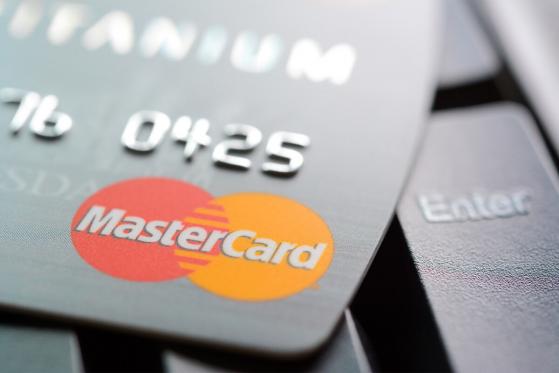The United State Patent and Trademark Office (USPTO) presented on Thursday several blockchain-related patent applications, including potential inventions coming from Mastercard and Accenture.
Accenture
Professional services firm Accenture wants to implement distributed ledger technology (DLT), another name for blockchain, to automate and secure shipping processes. When a product has to be shipped to a destination, blockchain can be used to store data regarding its aspects, such as origin, chemical identity, and other attributes. Thus, one or more devices can analyze blockchain data at the destination or at any point during the shipping process to identify and determine the item.
The sensor device which is used to collect data from blockchain, may be related to a spectrometer (whether it’s an infrared, ultraviolet, or a mass spectrometer), a camera, a RFID reader, a barcode reader, a QR reader, a DNA analyzer or any similar type of device that is capable of analyzing certain attributes of the shipped products. In some cases, the device can be attached to a robot or an unmanned aerial vehicle (UAV). The devices used in the network would check the integrity and state of the products.
The patent application, titled “secure product identification and verification,” was initially filed on January 24, 2017.
Mastercard
Payments giant MasterCard intends to leverage the technology for the use of digital signatures for signing blockchain transactions. As the patent application description explains, many blockchains rely on extensive computation power when adding new blocks. As the network grows and more participants are attracted in, blockchains may lead to more energy waste. To avoid this, a blockchain network can rely on signatures by trusted participants who can validate new blocks. Mastercard proposes a trusted pool of participants and digital signatures to ensure that the new blocks are reliable and secure.
In reality, a similar approach already exists in many blockchains, though probably not using digital signatures. For example, the Delegated Proof of Stake (DPOS) algorithm, such as the one used by EOS and other blockchains, doesn’t waste so much energy and computational power, and it operates with a pool of block validators.
MasterCard filed the patent application on March 26, 2018. The patent is titled “method and system blockchain variant using digital signatures.”
Tech giant IBM (NYSE:IBM) is on the list again. At this time, the US-based company wants to use blockchain for “decentralized computing with auditability and taxability.”
Besides the patent applications described above, the USPTO published two more relevant patents, from IBM and American Express (NYSE:AXP) (Amex), which don’t use DLT as the core technology but which propose blockchain as one of the methods to store data.
IBM filed a patent application on January 24, 2017, for its “decentralized computing with auditability and taxability.”
IBM is one of the most active blockchain adopters and promoters. This month, the USPTO published six blockchain-related patent applications from IBM in one week.
Amex filed its application on January 23, 2017, for a “system and method for dynamic scaling of concurrent processing threads.”
Last week, we reported that Amex was awarded a patent for a payment system that uses a blockchain-based proof of payment.
This article appeared first on Cryptovest
